Editorial: Harvey Weinstein, #MeToo, and the Sexual Assaults in Hollywood
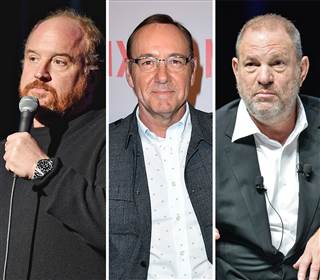
Louis C.K., Kevin Spacey, and Harvey Weinstein have all been accused of sexual assault in recent weeks.
December 4, 2017
It’s no secret that sexual assault in Hollywood has been a prominent issue since the industry was formed. In the 1940s, women such as Judy Garland were abused by their coworkers and never had the support to reap justice. Furthermore, controversies over sexual assault victims have plagued the news for decades. For example, when Amber Heard filed a domestic abuse case and divorce against Johnny Depp between 2016 and 2017, her attempt to seek justice turned into a polarizing series of events that caused people to show their true colors regarding victim blaming. However, as 2017 comes to a close, the Hollywood controversies have not slowed down; in fact, the floodgates have just opened.
Harvey Weinstein, a well-known producer and former film producer, has a new title to add to his name: sexual predator and, more prominently, rapist. After he was accused of sexual assault, rape, and harassment by actresses such as Asia Argento and Cara Delevigne, over 80 individuals have come forward with sexual allegations against Weinstein. Since then, hundreds of women and men, in the industry and not, have opened up about their experiences with sexual assault in the workplace. They have inspired each other to speak up and vocalize their trauma in order to not only expose their assaulter, but to also let other people know that they are not alone.
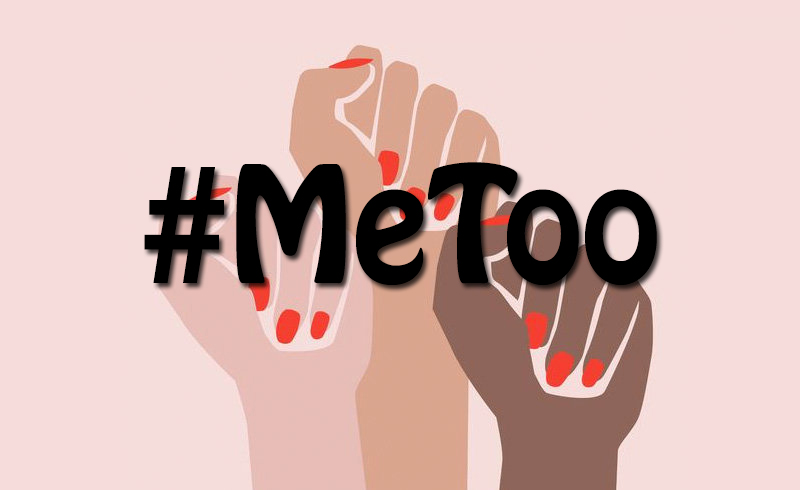
An example of such unity and strength is shown in the #MeToo campaign, which has inspired women and men to share their experiences. The movement was started in 2006 by activist Tarana Burke, but it caught fire and started trending on Twitter after actress Alyssa Milano spoke up and asked her followers to use the hashtag once again. Jason Mollica, a digital media expert and professor states that “From Oct. 10 to Dec. 1, #MeToo has been mentioned 312,000 times across social platforms, with a reach of 1.1 billion. Some 54 percent of that conversation is coming from females. Nearly 58 percent of those using the #MeToo tag are in the U.S.” Clearly, the movement has created a platform for sexual assault victims that is long overdue. It is our duty as respectable people to make sure the platform is never taken away.
As people begin to wonder why people have waited so long to share their stories, we must consider the toxic stigma that society has placed no victims of sexual assault. Rapists and sexual predators often try to silence their victims into submission through various forms of manipulation, a common one found in Hollywood dealing with multiple facets. For instance, a woman may not want to speak out against her the assaulter because she could either be ignored or accused of being an attention seeker and desperate for money. It could also negatively affect her chances of getting future work, and if the assaulter is famous, then he may have professional superiority over the victim. Men often do not vocalize their experiences as victims because of toxic masculinity present in society; male victims are often not taken seriously or are expected to have been happy with the sexual act. Evidently, the social constructs surrounding sexual assault need to be torn down and built back up in an accepting and understanding manner.
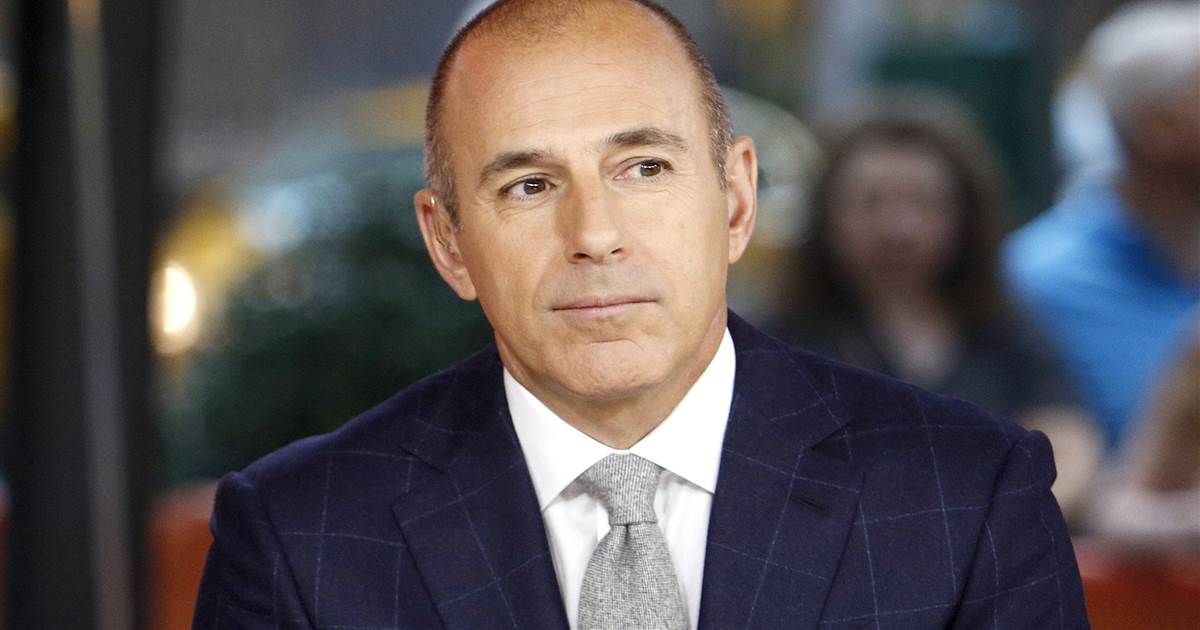
Overall, men like Weinstein, Matt Lauer, and dozens of others have been fired from their positions as victims have come forward. It’s almost as if everyday a new name is trending on Twitter; men are exposed for their unforgivable, inhumane, and degrading actions to the world. For as many men are being accused, a myriad of women and men are the victims, which truly shows the frequency of assault.
We as a people have a few options to combat this issue of sexual assault:
Speak up- you are not alone. Listen- someone might need you. And most of all, respect- if you are not treating another human being with value and love, you are apart of the problem.
If you have been a victim of sexual assault and need to talk to someone, contact the National Sexual Assault Hotline at 800.656.HOPE (4673)








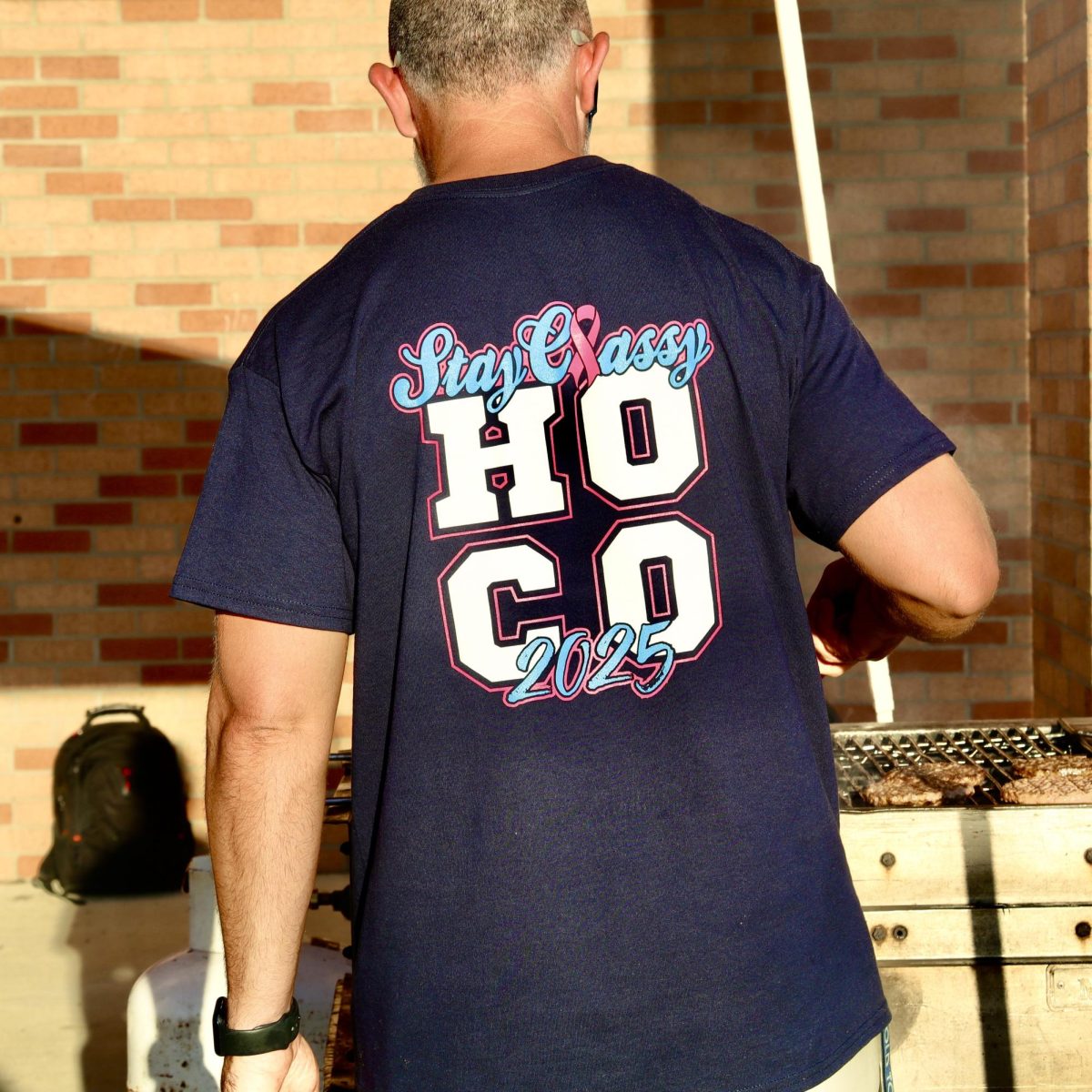
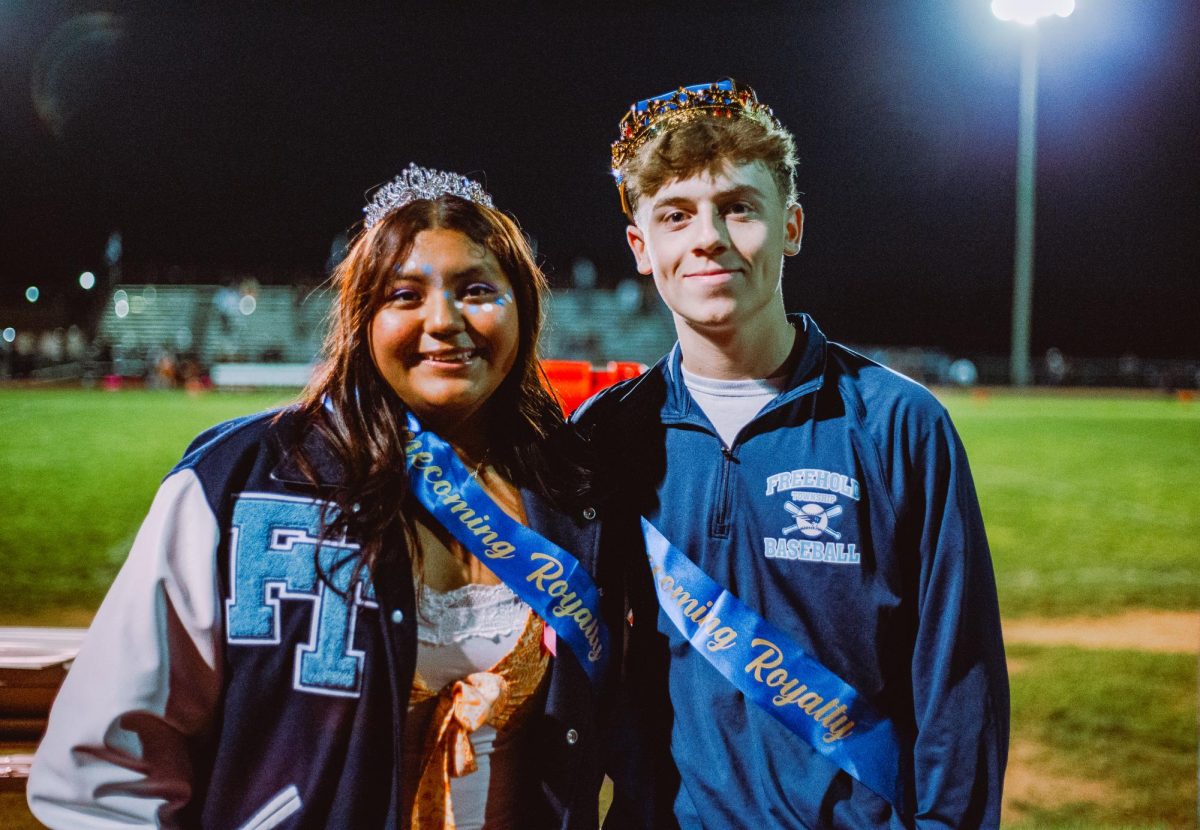




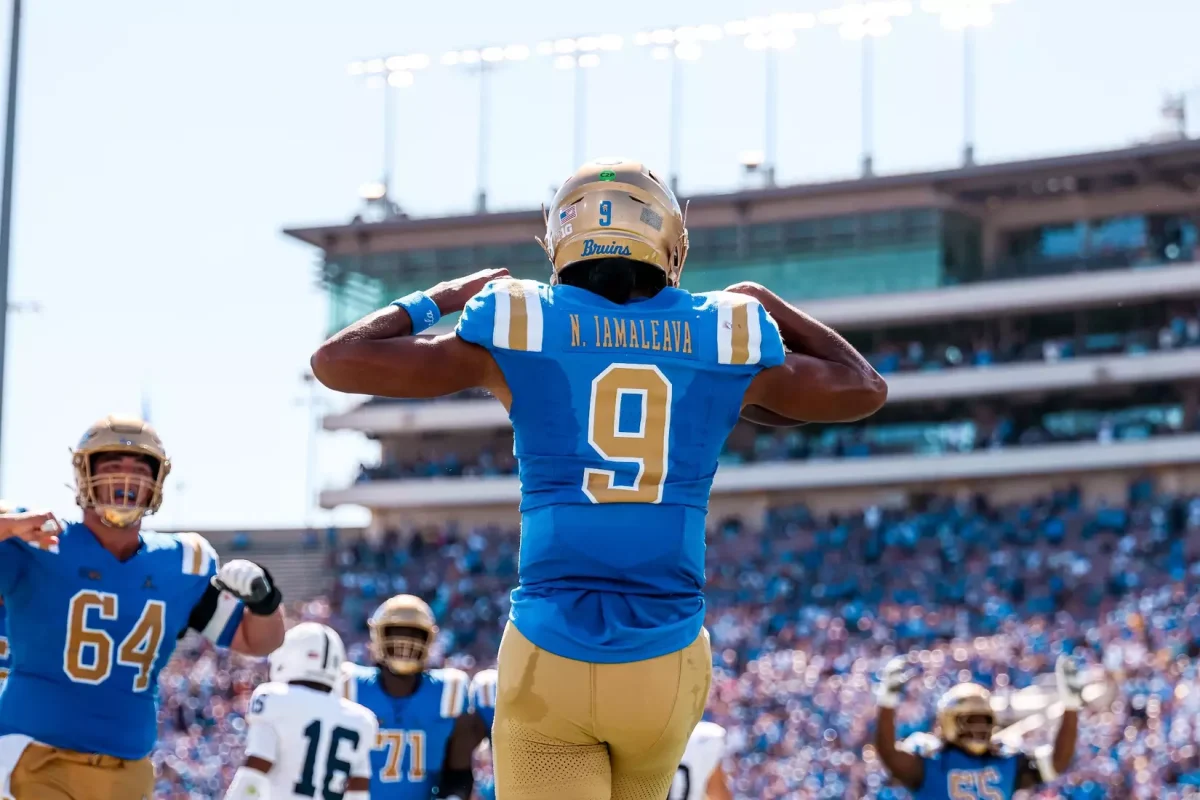
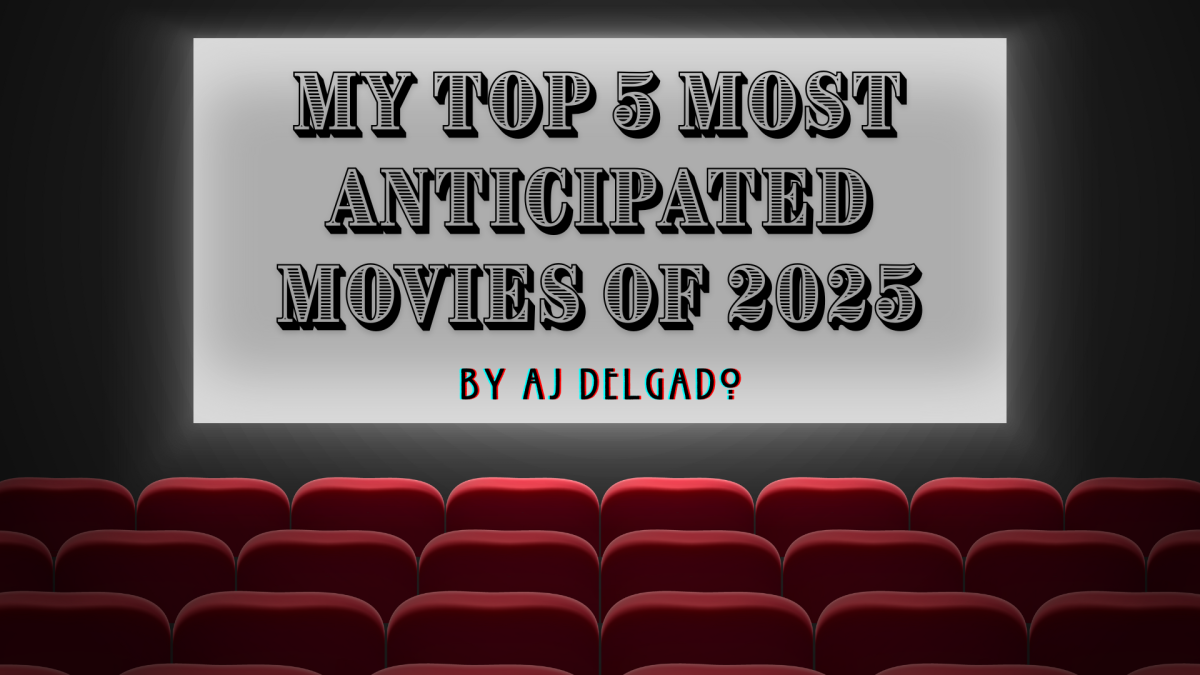
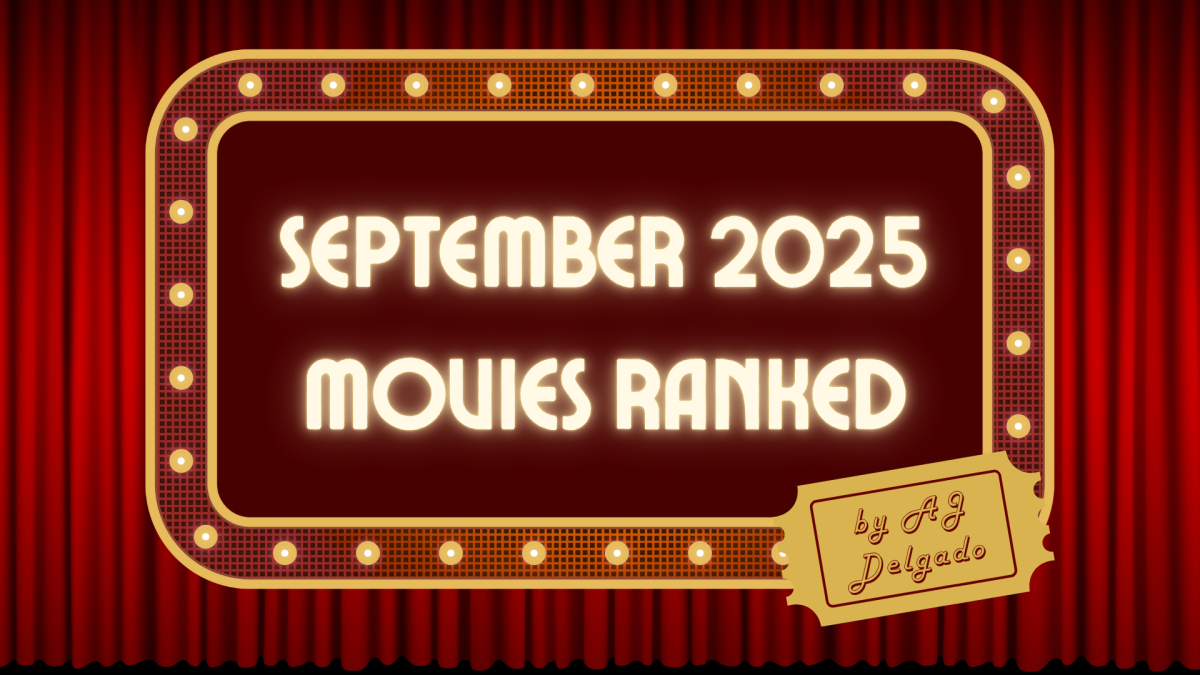
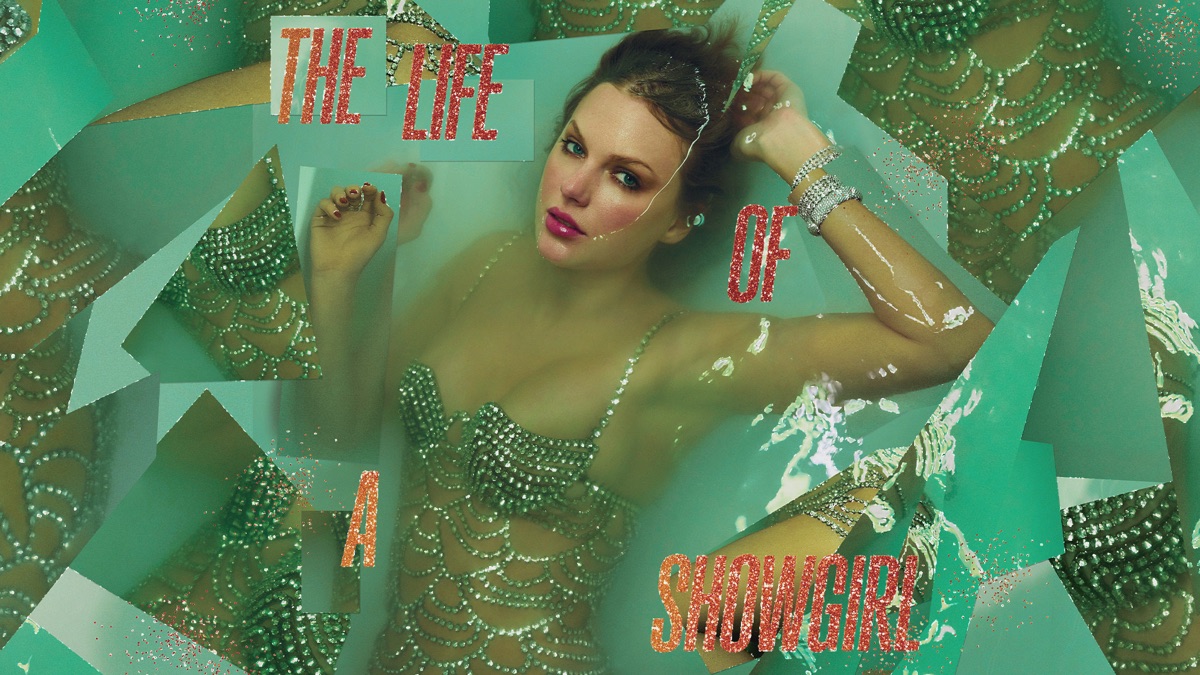

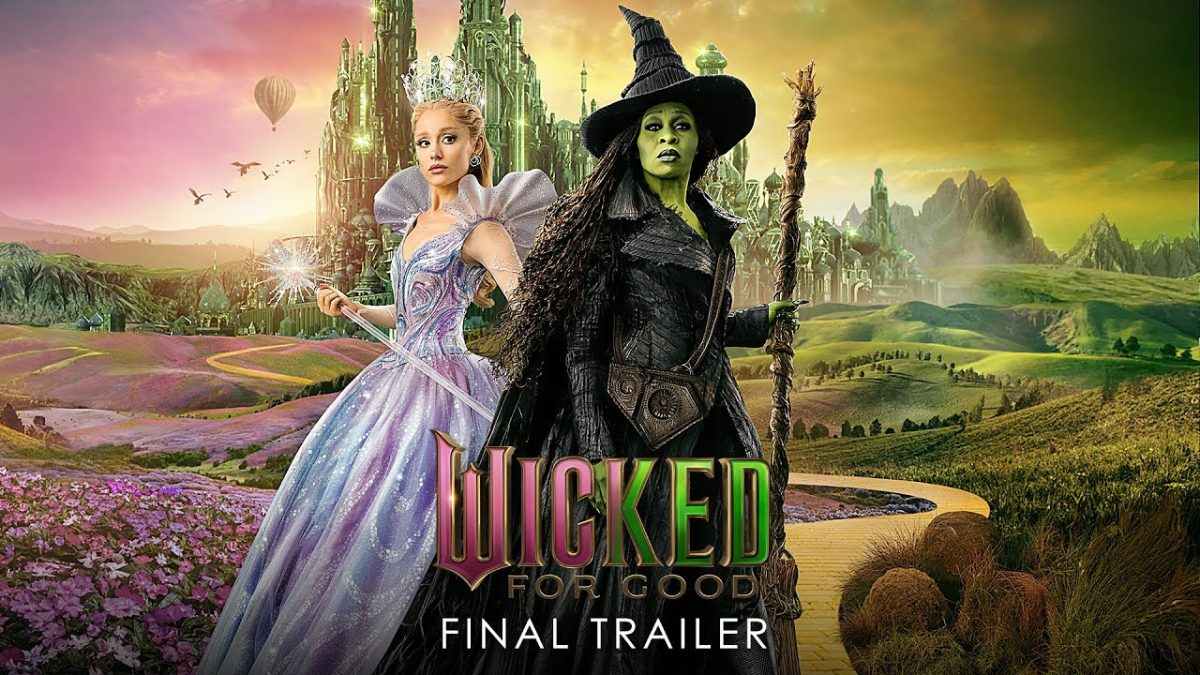





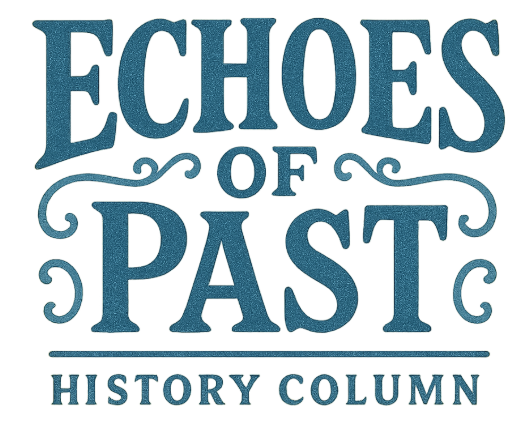
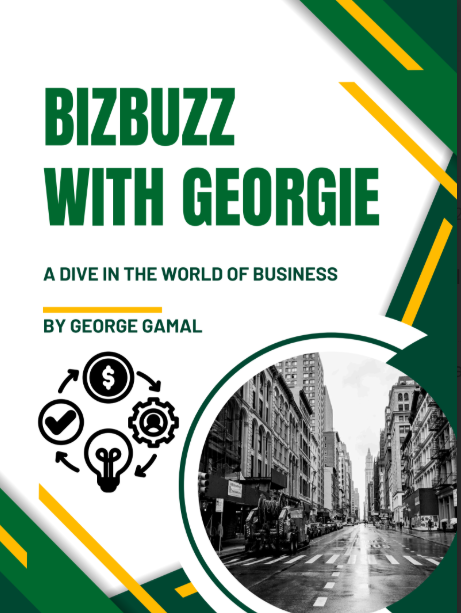























Mrs. Richardson • Dec 4, 2017 at 7:44 pm
A powerful and important editorial, Tori. As always, I am proud to be your teacher!